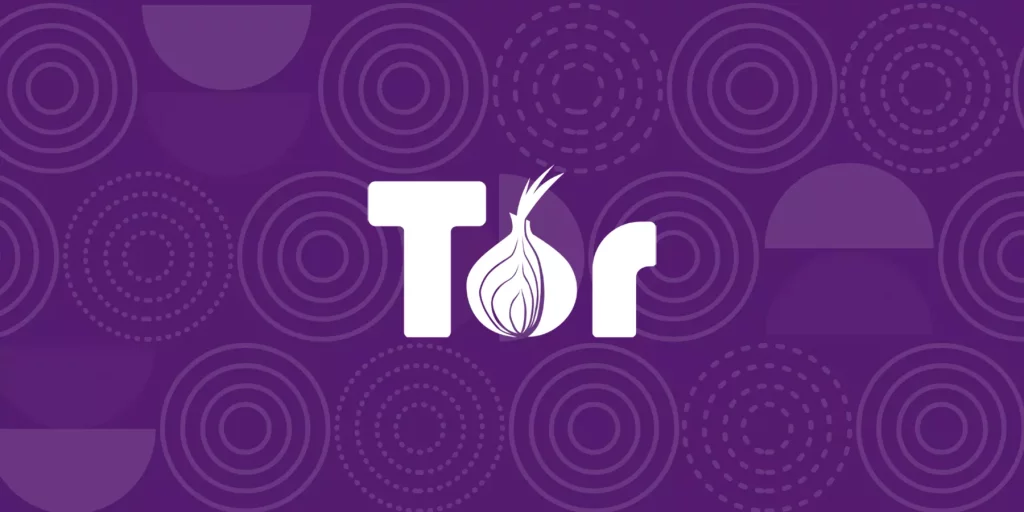What Are Onion Sites? Onion sites are websites that are hosted on the Tor network, a system that allows for anonymous communication over the internet. The name “onion” comes from the fact that the network uses layers of encryption to protect users’ identities and make it difficult for anyone to track their online activity. When a user accesses an onion site, their traffic is routed through multiple servers before reaching its destination, making it virtually impossible to trace their activity back to their computer.
Navigating the Dark Web: A Beginner’s Guide to Onion Sites
The dark web, also known as the “deep web,” is a mysterious and often misunderstood part of the internet. Within the dark web lies a network of websites that are not accessible through traditional search engines or browsers. These websites, known as “onion sites,” are hosted on the Tor network and can only be accessed through the use of a special browser. While the dark web is often associated with illegal activity, it is also home to a wealth of information and resources that can be useful to individuals who are looking for privacy, security, or simply a new way to explore the internet.

How to Access Onion Sites
Accessing onion sites requires the use of a special browser called the Tor Browser. This browser is available for download on the Tor Project’s website and is free to use. Once the browser is installed, users can access onion sites by typing the site’s URL into the address bar.
What Are Onion Sites
It is important to note that accessing onion sites can be risky, as they are often associated with illegal activity and may contain malware or other types of malicious content. For this reason, it is recommended that users take steps to protect their identity and ensure their online security when using the Tor Browser.
Understanding the Dark Web
The dark web is a term used to describe a part of the internet that is not accessible through traditional search engines or browsers. While the dark web is often associated with illegal activity, such as the buying and selling of drugs and other illegal goods, it is also home to a number of legitimate websites and resources.
In addition to onion sites, the dark web also includes other types of hidden services, such as forums, chat rooms, and marketplaces. These services are often used by individuals who are looking for privacy or anonymity online, as well as by journalists, activists, and other individuals who may be at risk of surveillance or censorship.
Staying Safe on the Dark Web
Because the dark web is often associated with illegal activity and may contain malicious content, it is important to take steps to protect your identity and ensure your online security when using the Tor Browser. Here are some tips to help you stay safe on the dark web:
- Use a VPN: A VPN, or virtual private network, can help to protect your identity by encrypting your internet traffic and hiding your IP address.
- Keep your software up to date: Keeping your operating system and applications up to date can help to protect your computer from malware and other types of security threats.
- Avoid downloading files: Downloading files from the dark web can be risky, as they may contain malware or other types of malicious content.
Use two-factor authentication: Two-factor authentication can help to protect your accounts by requiring an additional layer of verification when you log in.

Exploring Onion Sites
While accessing onion sites can be risky, there are many legitimate and interesting sites to explore. Some of the most popular onion sites include:
- The Hidden Wiki: A directory of onion sites and other resources on the dark web.
- DuckDuckGo: A search engine that prioritizes user privacy and does not track users’ online activity.
- ProPublica: An investigative journalism website that focuses on issues of public interest.
- Sci-Hub: A repository of academic articles and research papers that are not available through traditional channels.
- The Intercept: A news organization that focuses on national security, politics, and civil liberties.
- SecureDrop: A whistleblower submission system that allows users to anonymously submit tips and information to journalists.
- The Pirate Bay: A website that allows users to share and download torrents of copyrighted material.
It is important to note that while these sites may be legitimate, accessing them can still be risky. Users should take precautions to protect their identity and ensure their online security when exploring onion sites.
Conclusion
The dark web and onion sites can be a fascinating and informative part of the internet, but they can also be dangerous and risky. If you are interested in exploring the dark web and accessing onion sites, it is important to take steps to protect your identity and ensure your online security. By following the tips outlined in this article and using caution when accessing onion sites, you can safely and responsibly navigate the dark web. What Are Onion Sites
What is the difference between the dark web and the deep web?
The deep web refers to any part of the internet that is not indexed by traditional search engines, while the dark web specifically refers to parts of the internet that are intentionally hidden and require specialized software to access.
Are all onion sites illegal?
No, while some onion sites are associated with illegal activity, many others are legitimate and offer valuable resources and information.
Is it safe to access onion sites?
Accessing onion sites can be risky, as they are often associated with illegal activity and may contain malicious content. Users should take precautions to protect their identity and ensure their online security when accessing onion sites.
Can I be traced when accessing onion sites?
While accessing onion sites does offer a degree of anonymity, it is still possible for your activity to be traced if you do not take steps to protect your identity and ensure your online security.
Is it legal to use the Tor Browser?
Yes, it is legal to use the Tor Browser for legitimate purposes. However, using the browser to access illegal content or engage in illegal activities is not legal and can result in criminal charges.

